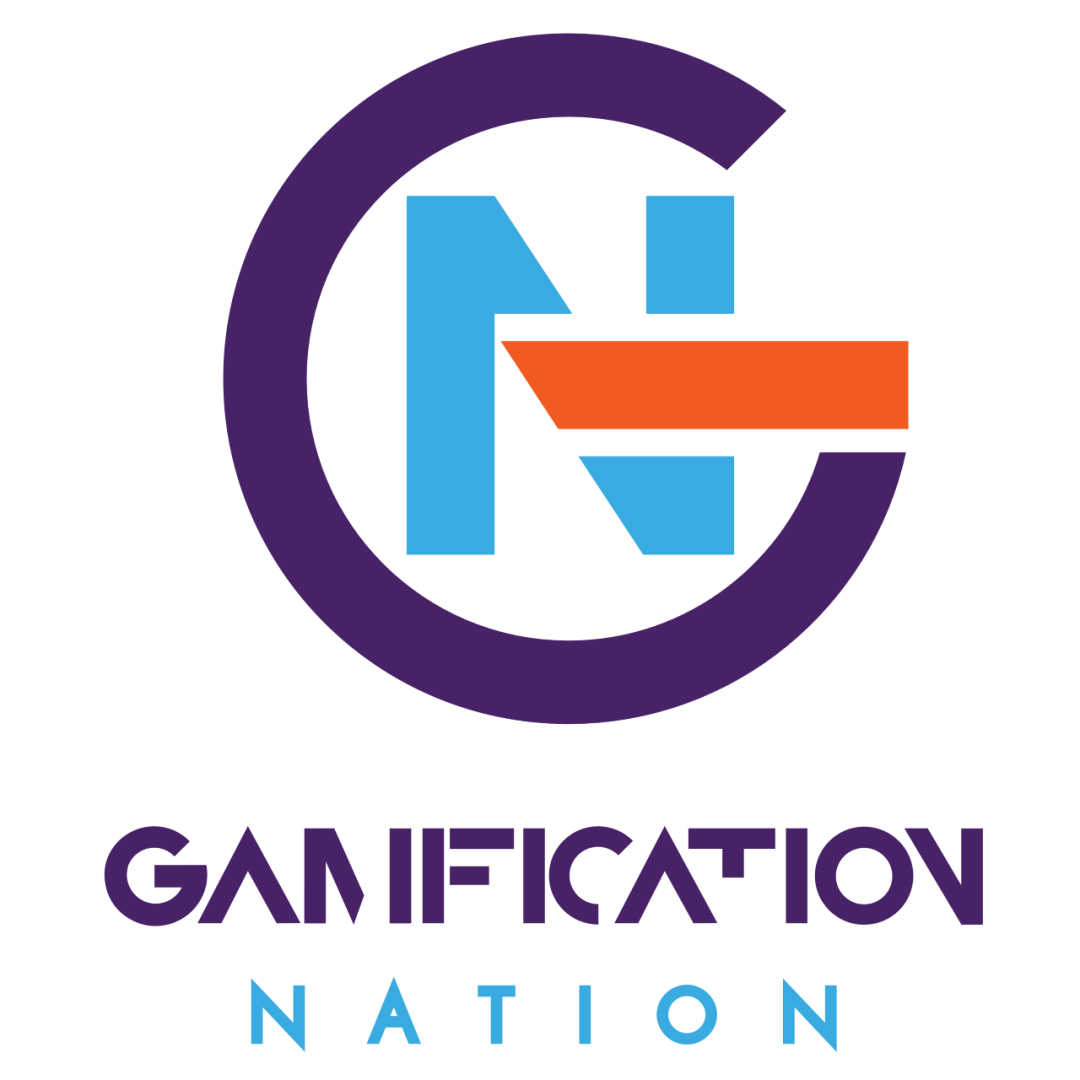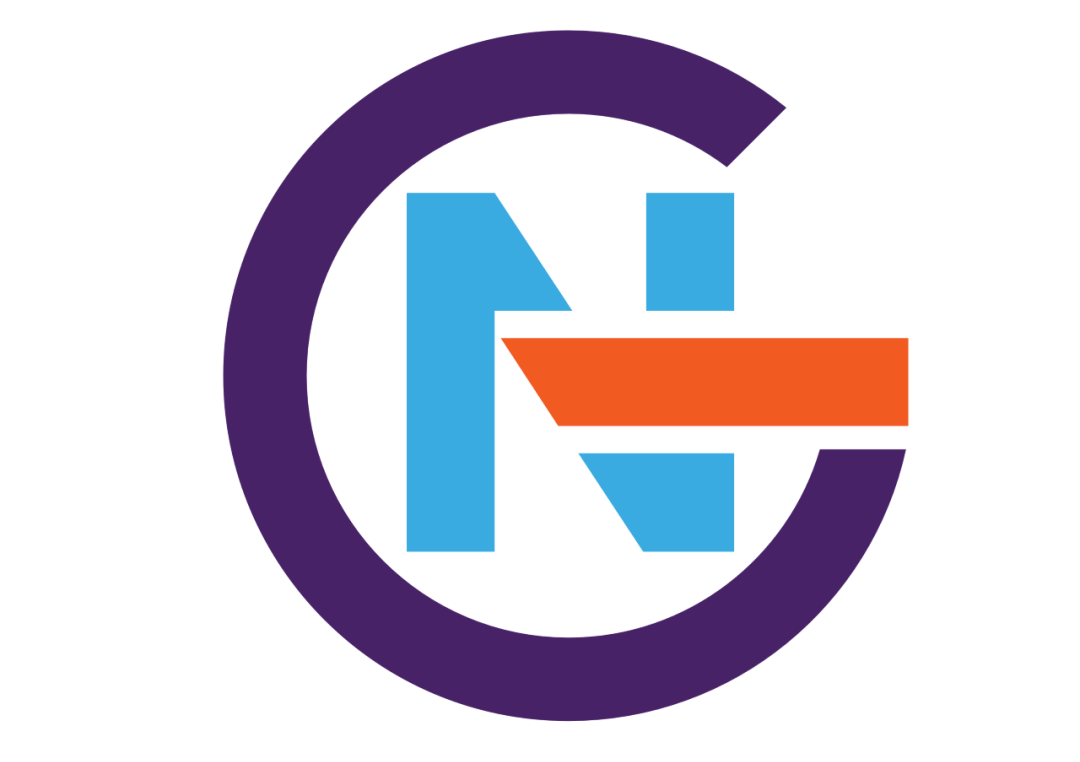After delivering our own panel session at South by Southwest, I have managed to squeeze in some panel sessions and keynotes. The dilemma of choice across a variety of tracks is hard to manage. Queue length has become one deciding factor and where can I realistically get to in the time frame in between sessions another.The quality of topics and delivery varies vastly, but I hit lucky a few times with great content and fabulous delivery, also walked out of one or two thanks to poor delivery or the topic going way over my head.
What it has made me realise is that my own curiosity has me constantly seeking out new things I can learn from and thanks to that I feel surprisingly well clued in to what is happening. I am hopeful about the opportunity of virtual reality after listening to a panel where one of the ladies was using it for helping medical staff and carers see the challenges their patients are faced with through the virtual reality headset. It is funny that we have to go that far for others to realise from first hand experience what it is really like to not see through the left of both your eyes. Our ability to learn and adapt is great, so as humans we can adjust, but empathy alone doesn’t cut it. It goes back to walking a mile in the other persons shoes and reality to truly have perspective.
A session on a behavioural psychology analysis of Brexit was tragically and hilariously funny both in equal measure. But in fact it pointed out how the leave campaign used many more subconscious motivators that had stronger emotional responses and the remain campaign looked at keeping the status quo. Only the status quo for younger audience they had measured correctly for the older generations ‘the good old days’ is their status quo, so a miscalculation of large sorts.
The one session that I will be looking into much further was one on how to design and develop for augmented reality. The speaker, Meron Gribetz from Meta, challenged us to think a lot further than old style icons for clicking, which is what we do see popping up a lot. He asked us to design for a zero learning curve, so that we intuitively understand and make it part of our life and with that enhance our life, which is the essence of the term augmented.
He had 9 principles:
- Think spatial
- Minimise abstractions
- The world is your file system
- Touch to see
- Do not disturb
- Avoid surprises and magic tricks
- The holographic campfire
- Public by default
- Augmented reality not mixed
For each principle he shared, there was a neuroscientific research based reason. It made a great deal of sense and really inspired me to think more about this for gamification design and any augmented reality work we do. I am hoping he will bring out the book or course on the topic, so I can do some more deep diving.
For me when I have that kind of realisations it is a conference worth going to, and successful for both challenging, inspiring and reflecting. Let’s hope the next few days are just as good and I can write you some more reflections about it.

